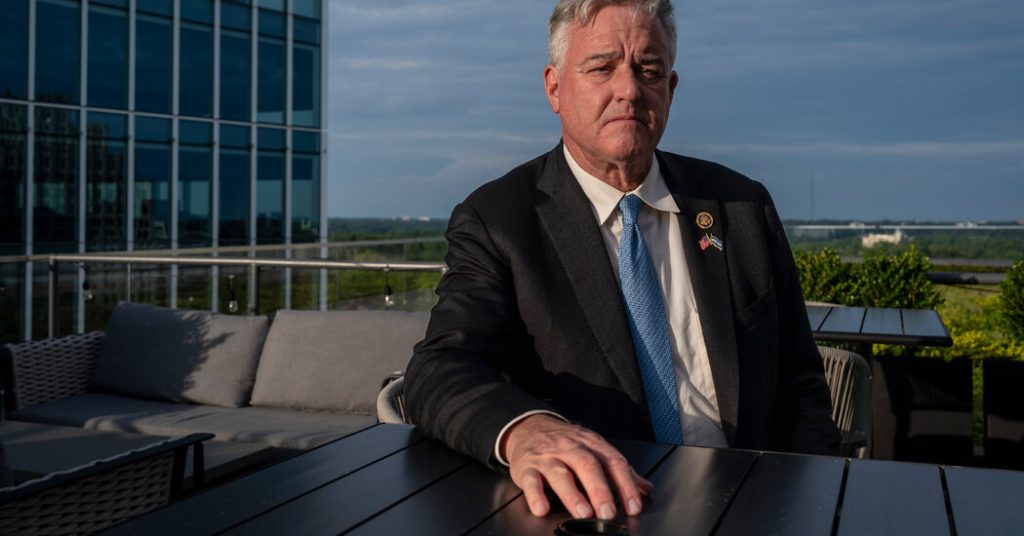The campaign politics arena has claimed some business magnates’ fortunes, as exemplified by Representative David Trone, who spent over $60 million of his own money on his Senate campaign in Maryland, ultimately losing to a candidate who spent one-tenth of that amount. Similarly, Nicole Shanahan, a Silicon Valley investor, put in $15 million to Robert F. Kennedy Jr.’s independent presidential campaign, despite historical precedents showing third-party candidates rarely win presidential elections. Other examples include Vivek Ramaswamy, who spent over $30 million on his failed Republican presidential bid, and Doug Burgum, who spent nearly $14 million before dropping out.
Wealthy individuals financing their political ambitions is a common occurrence in U.S. politics, with mixed results. While some, like Mr. Trone, successfully win elections after spending significant sums, others, such as Michael Bloomberg, have costly flops. Bloomberg’s 2020 presidential campaign cost $1 billion but yielded no success, marking the most expensive campaign failure in American history. Another notable example is Tom Steyer, who spent $341 million on his 2020 presidential bid but won no delegates before dropping out of the race, resulting in the steepest money-to-votes ratio ever.
Linda McMahon, former CEO of World Wrestling Entertainment, spent almost $100 million on two Senate campaigns in Connecticut and lost both by wide margins. Similarly, Steve Forbes, chairman and editor of Forbes magazine, spent $74 million on two Republican presidential campaigns focused on tax reform, ultimately falling short each time. Ross Perot, who spent $65 million on his 1992 presidential campaign as an independent candidate, is another example of a wealthy individual who funded their political aspirations but did not prevail.
The trend of wealthy individuals financing their political campaigns has continued through the years, with varying degrees of success. Whether investing in presidential, Senate, or other campaigns, the high costs associated with running for office suggest that self-funded campaigns are not always a guaranteed path to victory. As seen with Mr. Trone, Mr. Bloomberg, and others, the financial sacrifices made for political ambition do not always result in electoral success, underscoring the complexities and uncertainties of campaign politics in the U.S.
Despite the significant financial investments made by wealthy individuals into their political campaigns, success is not always guaranteed. While some candidates, like Jon Corzine, managed to win elections after spending tens of millions of dollars, others, such as Michael Bloomberg and Tom Steyer, experienced costly campaign failures despite pouring hundreds of millions into their bids. The examples of these individuals highlight both the allure and risks of self-funded campaigns in the realm of U.S. politics, where vast sums of personal wealth can fuel ambition but do not always translate into political victory.







